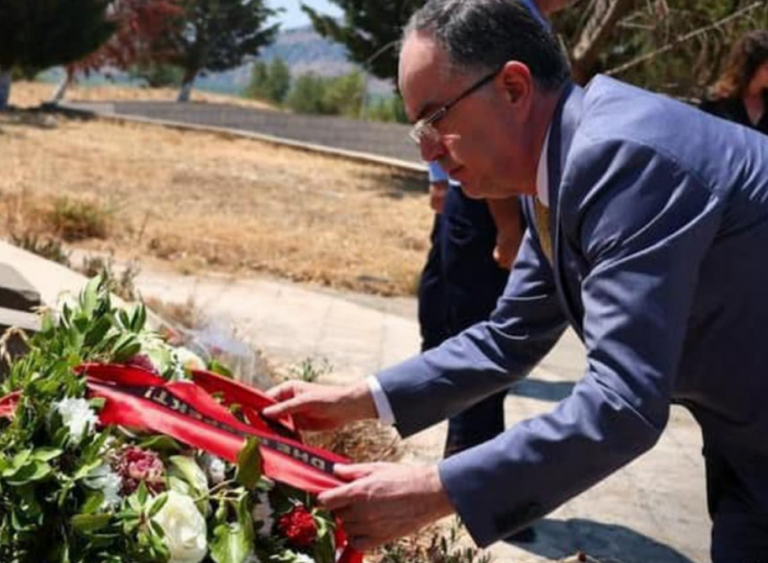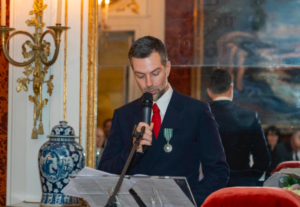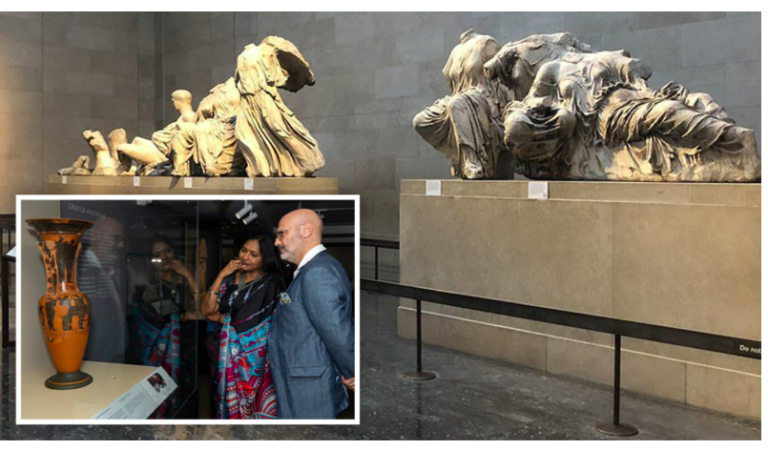Edi Rama brings up the, practically, non-existing Cham issue in response to developments in the Beleris case and Athens’ explicit statement that violations of the rule of law and individual rights, as well as events in the Himara municipality, affect Albania’s European prospects.
Greek Reaction
The wreath-laying by the President of Albania at a monument promoting historically inaccurate and false accusations, and implying territorial claims against Greece, is an act reminiscent of the impermissible nationalisms of past eras, diplomatic sources said. They added that this act, incompatible with historical truth, undermines the development of good neighborly relations between the countries.
Close to the Border
Until now, only some extremist party representatives participated in these events that foster anti-Greek nationalism in Albania. These events are organized annually by the Cham Party (PDIU) and the “Patriotic Cham Association” in the Konispol area near the Greek border. The monument is dedicated to the Chams, who, according to these nationalist organizations, were victims of the “genocide of the Chams” in Greece.
The Chams were Albanians who lived in southern Epirus in Greece and collaborated with the Nazi occupation forces during WWII. When the Nazi forces evacuated Greece the Chams followed them to Albania knowing that if they stayed they would be tried for their crimes. They relocated mainly to northern Epirus where the indigenous ethnic Greek minority resides.
Albanian leaders systematically adopt the anti-Greek irredentist agenda of the Cham organizations and attempt to place the issue on the bilateral Greek-Albanian agenda. Edi Rama, during an election rally in Galatsi, also raised the so-called Cham issue, believing that this would attract their votes and simultaneously serve as a lever of pressure against Greece.
Ask me anything
Explore related questions





